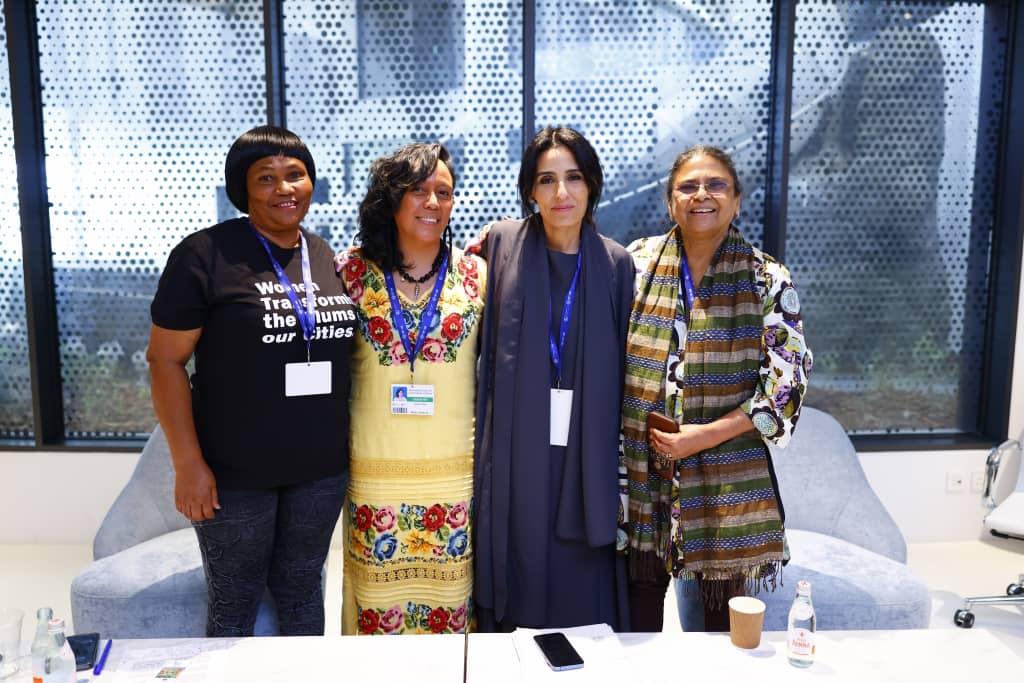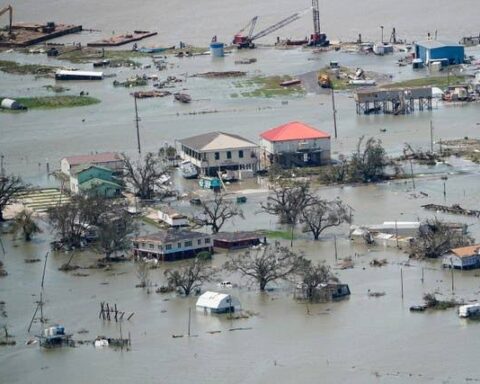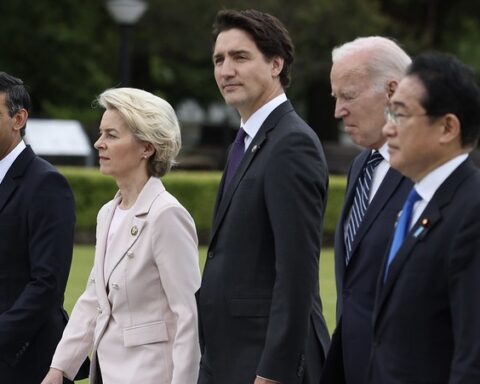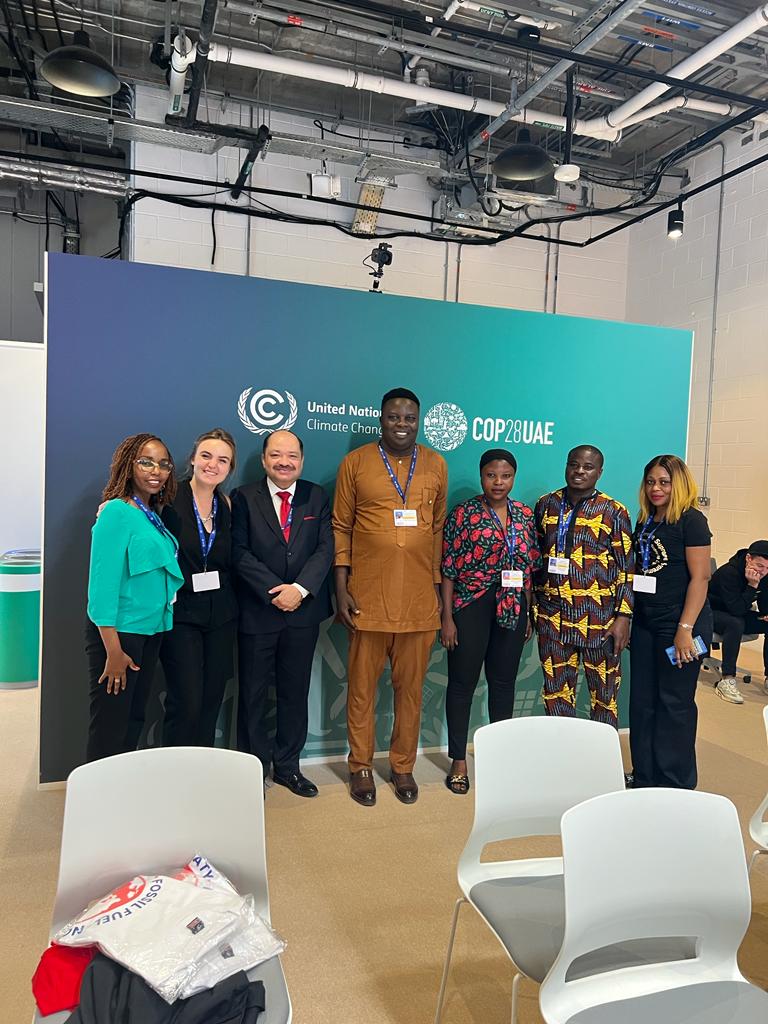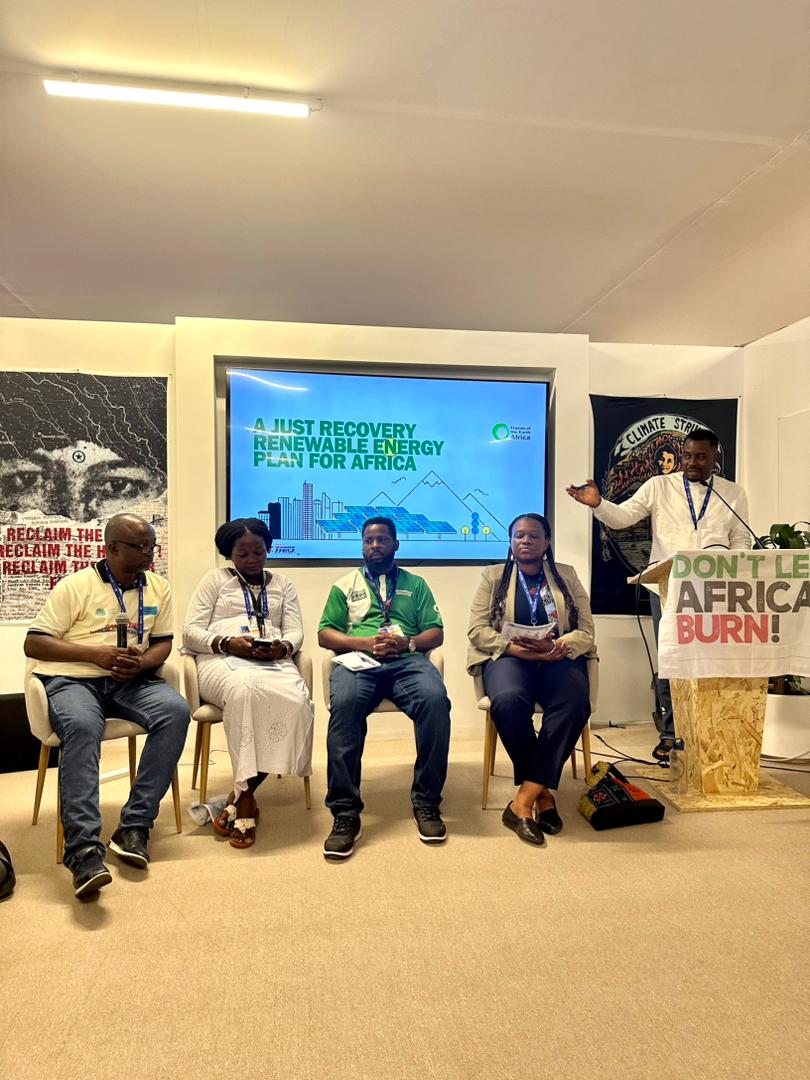The UN Climate Change High-Level Champion for COP 28, H.E. Razan Al Mubarak, and other indigenous voices have stressed the need for Indigenous representation in Decision-Making for Climate Solutions.
Speaking at a Global South media briefing on the sidelines of the ongoing COP28 Dubai, she shed light on the critical issue of indigenous communities being excluded from discussions despite their pivotal role in conservation and climate resilience.
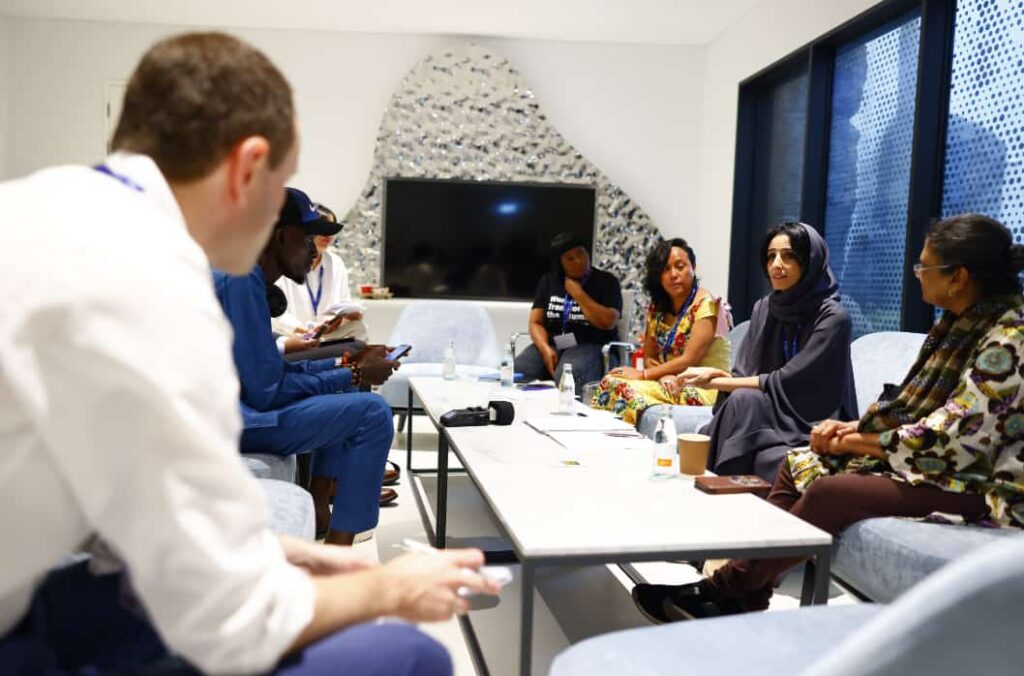
Highlighting the disparity, Mubarak emphasized that pledged funds for indigenous communities often fail to reach them due to their absence from decision-making tables.
According to her “Things will worsen if we don’t protect nature, and indigenous people are already doing it. They need a seat at the discussions,” she said.
Dr. Anita Tzec, Programme Officer for Indigenous Peoples and Conservation at IUCN, said the Indigenous communities possess profound knowledge of their lands and sustainable practices.
She noted that COP 28 is making strides in inclusivity, with initiatives like the Podong Indigenous People Initiative that was established to support their contributions to biodiversity conservation and climate solutions.
Dr Sheela Patel Director of the Society for Promotion of Area Resources Centres (SPARC)stressed the centrality of women’s collectives in addressing climate challenges in vulnerable populations.
“We can’t move forward without involving indigenous women,” Patel asserted, advocating for a change in the architecture of decision-making to include those most affected,” she said.
The call for inclusive decision-making echoes throughout COP28, as leaders recognize the urgency of integrating indigenous voices to create sustainable and equitable climate solutions.
The global community is urged to reevaluate decision-making structures to ensure the active participation of those on the front lines of climate impact.
Globally, there are an estimated 370 million indigenous people whose livelihoods are being negatively affected by climate change using an increased frequency and intensity of extreme weather events such as droughts, floods, storms, cyclones, as well as heatwaves, among others.
While climate change is an environmental challenge that developed countries have largely contributed toward from anthropogenic activities, the negative impacts are being felt among poorer countries, particularly vulnerable indigenous communities who ordinarily live low-carbon lifestyles.
Additionally, many indigenous communities have been confined to the least productive and most delicate lands because of historical, social, political, and economic exclusion. Furthermore, less consideration has been given to indigenous groups during the formulation of climate-change mitigation strategies, making them vulnerable to its effects.
Notwithstanding, many indigenous communities have enduringly used various indigenous and local knowledge (ILK)-derived coping mechanisms passed from generation to generation.
By Dare Akogun


